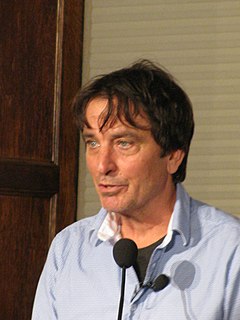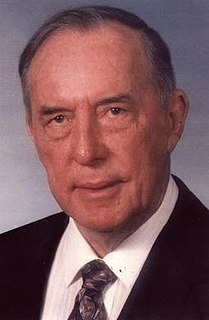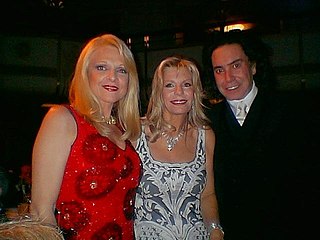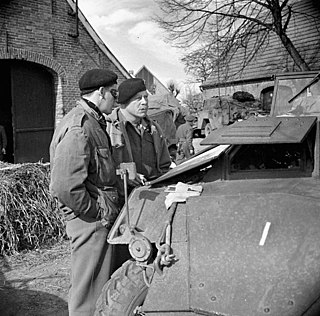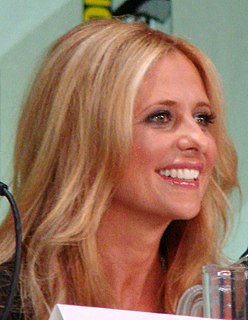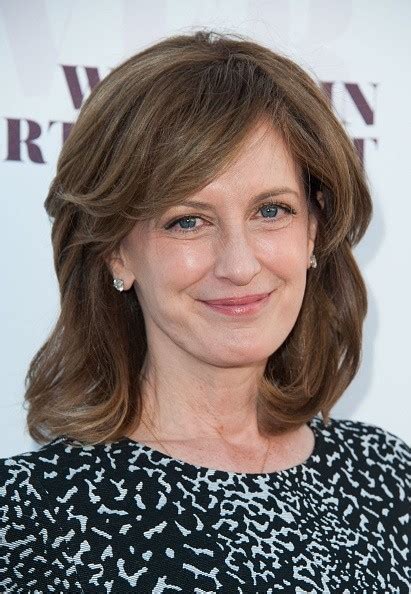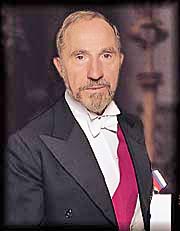A Quote by Kate DiCamillo
My father - he was an orthodontist - was supposed to sell his practice and move down to Florida, but that never happened... I would sometimes spend the summer with him and visit him, but he never lived with us.
Related Quotes
Sometimes I'd see my father, walking past my building on his way to another nowhere. I could have given him a key, offered a piece of my floor. A futon. A bed. But I never did. If I let him inside I would become him, the line between us would blur, my own slow-motion car wreck would speed up. The slogan on the side of a moving company truck read TOGETHER WE ARE GOING PLACES--modified by a vandal or a disgruntled employee to read TOGETHER WE ARE GOING DOWN. If I went to the drowning man the drowning man would pull me under. I couldn't be his life raft.
Were I to go down into the market-place, armed with the powers of witchcraft, and take a peasant by the shoulders and whisper to him, 'In your lifetime, have you known peace?' wait for his answer, shake his shoulders and transform him into his father, and ask him the same question, and transform him in his turn to his father, I would never hear the word 'Yes,' if I carried my questioning of the dead back for a thousand years. I would always hear, 'No, there was fear, there were our enemies without, our rulers within, there was prison, there was torture, there was violent death.
Fights with my father were really quite brutal. I would not live his vision. I would not become who he wanted me to be. Everything I did was criticized. I would spend three months drawing something and show him, and he would look up from his paper and just look back down. I got no approval from him for anything I did that was creative.
I know my grandfather drank occasionally socially, what we call "taking a sip." And my father never touched the bottle. He condemned my grandfather for doing that, and his punishment to his father was when my grandfather came to visit him from Georgia, he would not allow my grandfather to preach in his church.Even though my classmates very often drank alcohol in my presence and they would try and get me to join in, I felt, no, I didn't need that.
If he looked into her face, he would see those haunted, loving eyes. The hauntedness would irritate him - the love would move him to fury. How dare she love him? Hadn't she any sense at all? What was he supposed to do about that? Return it? How? What could his calloused hands produce to make her smile? What of his knowledge of the world and of life could be useful to her? What could his heavy arms and befuddled brain accomplish that would earn him his own respect, that would in turn allow him to accept her love?
The most important thing, my father told me, which I have never forgotten, and which I have often put unto practice was: If you get into a quarrel with anybody, hit him first. "If you hit first, the battle is half-won," my father always said "Don't let him hit first. You hit him first." "What's more," he never forgot to say, too "Usually one blow is all you need." I found this to be true.
[What for] was the first question he asked about any activity proposed to him - and nothing would make him act, if he found no valid answer. He flew through the days of his summer month like a rocket, but if one stopped him in mid-flight, he could always name the purpose of his every random moment. Two things were impossible to him: to stand still or to move aimlessly.
For here we are so blind and foolish that we never seek God until he, of his goodness, shows himself to us. It is when we do see something of him by his grace that we are stirred by that same grace to seek him, and with earnest longing to see still more of his blessedness. So I saw him and sought him; I had him and wanted him. It seems to me that this is and should be an experience common to us all.
Pages were always supposed to be off-camera - we were supposed to be invisible. But I had a moment where I saw a kid who was ready to flip himself out of the balcony, so I ran down and grabbed him and put him back in his seat. I remember the stage manager taking me aside and saying, "Can you please never do that again? I know you were saving his life, but we have you in the shot."

